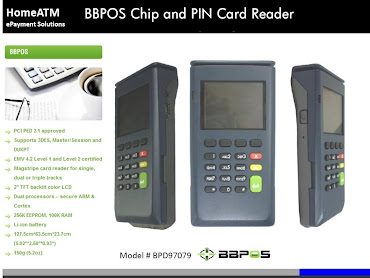Merchants across the nation, from powerhouses like Wal-Mart and Home Depot, to gas stations, mom-and-pop restaurants and 7-Eleven, have spent years unsuccessfully fighting the biggest of these costs, known as an interchange fee, which generates an estimated $40 billion to $50 billion in income annually for banks that issue credit cards.
But after Congress passed a law last month to protect consumers from excessive fees and interest on credit cards, merchants are mounting a fresh offensive.
This time, they believe the momentum in Washington has turned in their favor. Legislation is winding its way through Congress, a government audit has been ordered and petitions are surfacing in hundreds of convenience stores, including Ms. Orzano’s 7-Eleven, encouraging customers to voice their opposition to the fees. “Congress sort of already illustrated the willingness to take on the credit card companies and the big banks,” said Keith Jones, a lobbyist for 7-Eleven. “We just feel like the job is half done.”
And while large and small banks often clash on political agendas, they have formed a united front, joined by payment networks like Visa and MasterCard, to prepare for a furious battle on Capitol Hill. With profit from credit cards likely to diminish because of the new laws, they are determined not to absorb another major hit.
“It’s a big deal to them, and they would be fully engaged in it,” said Kenneth J. Clayton, senior vice president for card policy at the American Bankers Association.
Every time a consumer uses plastic, about 2 percent to 3 percent of the charge goes to banks and payment networks, which price the fee differently in different countries. Of that, the interchange fee is paid to the cardholder’s bank, and at roughly 1.8 percent of each purchase in the United States, according to June report by J.P. Morgan, it is the largest and most controversial of these costs.
But retailers may have a tough time convincing Congress that consumers would benefit if the effective interchange rate, which has increased slightly in recent years, is dialed back. Many other countries, including Israel and Australia, have required banks that issue cards to reduce the fee. Yet there is little evidence that the savings were passed along.
Continue Reading









0 comments